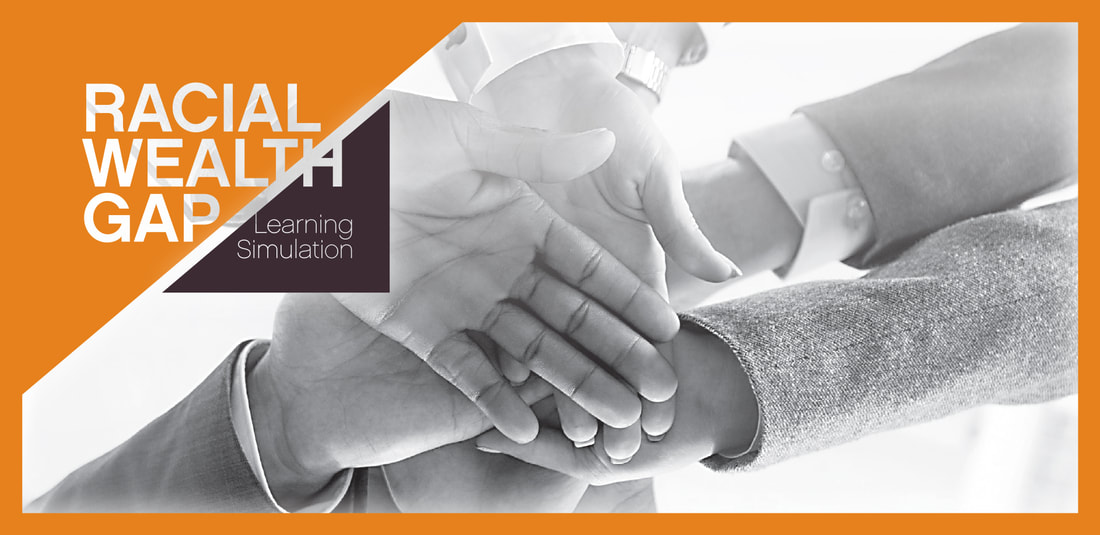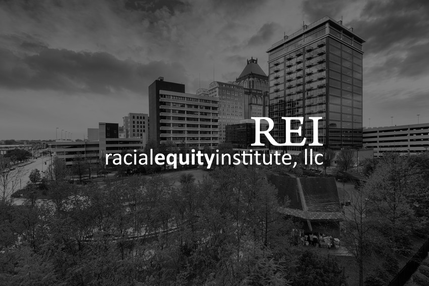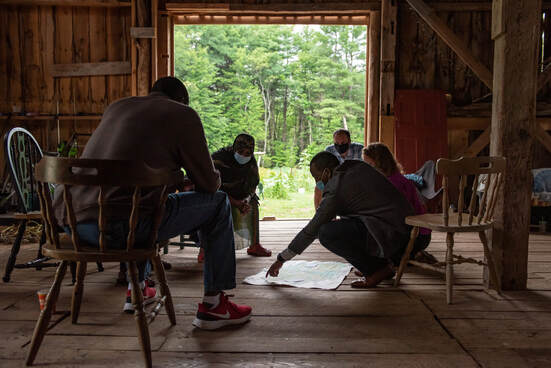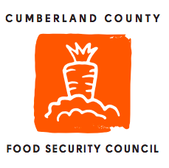CCFSC believes our country’s history of institutional racism is at the root of current poverty and food insecurity. Economic and racial justice are inseparable. Any plan to end hunger must be conscious of intentional policy choices that resulted in disparate outcomes for targeted groups. The resulting economic inequality impacts not just people of color, but is the foundation supporting the poverty that afflicts everyone who cannot put nourishing food on their table. This poverty is a burden on us all. It compromises the humanity of those who have enough, making us all complicit in a system that punishes people for being economically vulnerable.
Land Access for Indigenous & African American Farmers in Maine
CCFSC led in the research specific to the experience of Maine-based African American farmers of a report to the legislature on LD 870: Resolve, Directing the Permanent Commission on the Status of Racial, Indigenous and Maine Tribal Populations To Study the Impact of Policies Regarding Agriculture, Access to Land, Access to Grants and Access to Financing on African American and Indigenous Farmers in the State.
Maine Black Community Development
|
We are honored to partner with, and be the fiscal sponsor for, Maine Black Community Development. "The purpose of Maine Black Community Development is to improve the quality of life for people who primarily identify as being from the African and/or American diaspora through a self-determination framework while advancing racial equity and justice for all people living in Maine."
|
Racial Wealth Gap Learning Simulation
|
This open source simulation was developed by Bread for the World who offers it at no cost to be used by community-based groups. It is designed to help people understand the connections among racial equity, hunger, poverty, and wealth. This interactive tool is a powerful resource for developing empathy while learning the historical context of policy decisions that have had a lasting impact on the ability of African Americans and other people of color to accumulate wealth and succeed in the U.S. economy. It is an effective first step to introduce people to structural inequality, as well as a source of information for experts who want to know the quantifiable economic impact of policies that have widened today’s racial hunger, income, and wealth divides.
|
CCFSC will work with any group that wants to bring this simulation to your community. If you are interested in organizing a training, please email [email protected].
|
Racial Equity Institute
|
We ally ourselves with the Racial Equity Institute, which trains and organizes advocates in the tradition of the People’s Institute for Survival and Beyond. Sending council members to REI trainings supports our efforts to develop a shared and consistent antiracist analysis of hunger and poverty.
If you are a council member and interested in attending an REI training, please email [email protected]. |
21 Day Racial Equity Challenge
We encourage everyone to sign up for Food Solutions New England’s 21 Day Racial Equity Challenge. "The 21-Day Racial Equity Habit Building Challenge is simple! You commit to deepening your understanding of, and willingness to confront, racism for twenty-one consecutive days in April of each year and the Racial Equity Challenge will:
- Raise your awareness, change your understanding and shift the way you behave.
- Go beyond individual or interpersonal racism by helping to demystify structural and institutional racism and white supremacist patterns that are sometimes invisible to people.
- Inspire you to act, on your own or with others in your organization, business, or group, to dismantle these systems, to make changes in your work and the world that can build true equity and justice for all."
Allyship with New Americans
|
We believe that creating access to the means of food production is the most effective strategy to empower people experiencing food insecurity. In solidarity with the Somali Bantu Community Association (SBCA), CCFSC submitted a proposal to USDA Community Food Projects in their name with CCFSC as sub-awardee. This four-year, $400,000 grant was awarded with the project beginning in September 20l6. Through this initiative, CCFSC is supporting the Bantu community’s expressed desire to return to farming, as well as building the SBCA’s organizational and leadership capacity. Additionally, we provide ongoing grant writing, staff and volunteer capacity, and consulting to the organization.
|





